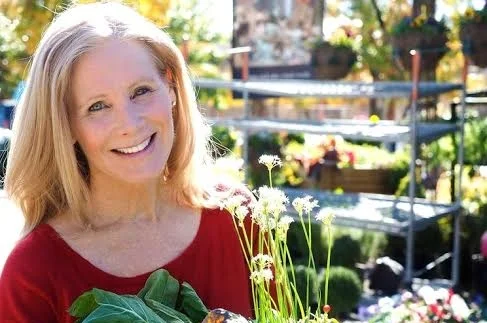By: Nancy Addison
Fresh produce is part of this healthy eating plan and lifestyle. Storing it properly is important. We go to the store and buy delicious-looking food. But then we get home and end up storing it improperly, or we get busy and forget about it. Then we find our refrigerator having the aroma of over-ripe or rotting fruits and veggies. One way we can spend less AND eat healthier is by storing our fresh food properly.
Many times we go to the store and see all the beautiful fresh fruits and veggies in season and on sale, and we over buy. So, first try to only buy what you truly feel you are going to eat in the next few days. Don’t try to buy produce to last for a week. It may not last that long. Some root veggies can last a month, if stored properly, but fresher, more fragile fruits and veggies will only last about 2 -5 days. If you do buy too much, you can think about making a pie, or doing some canning, or freezing some of your more fragile fruits and veggies before they spoil.
Always store your food in its complete wholeness. According to food scientist Barry Swanson at Washington State University, if you pull fruits and vegetables apart, you have broken the cells, and microorganisms will immediately begin to grow. So, avoid breaking the skin and leave the stem intact. He also says you should never place fruits and veggies in airtight bags. That actually will speed up the decay. You do want to be mindful that mold will proliferate quickly and can spoil the whole group of fruits or veggies. So, toss out any spoiled produce immediately, or put it into your compost bin.
Next, make sure you are storing the various types of fruits and veggies with the right partners. Some give off high levels of ethylene gas (a ripening agent), which makes them and everything around them ripen or decay quickly. You want to keep these types of foods separate from each other. Put things like kale and spinach in the same bin, and peaches and apples in another. If you put fruit with greens, it will cause the greens to rot or turn yellow in a few days. Greens are very sensitive to the ethylene gas. I have a little product called an E.G.G. (Ethylene Gas Guardian, which is shaped like an egg), and it absorbs the ethylene. I just put it in my bin with the fruits and/or greens. Of course, if you need something to ripen faster, then you can use this knowledge to your advantage. You can put the one you need to ripen with a fruit that gives off the high level of ethylene gas. I also use produce bags by Bio-Fresh and Evert-Fresh. They will absorb ethylene gas and help your produce stay fresher longer.
Keep root veggies (including all kinds of potatoes) in a cool, dark, dry place. They can last up to a month if kept properly. Never store potatoes in the refrigerator, because they will develop much higher sugar content. Here is a list of fruits and veggies, showing the best way to store them. These are high ethylene producers, and you can refrigerate them: apples, apricots, avocados, blueberries, cantaloupe, cherimoyas, cranberries, figs, green onions, guavas, grapes, honeydew, kiwifruit, mangoes, nectarines, papayas, passion fruit, peaches, pears, persimmons, plums, potatoes, prunes, quince, and tomatoes. This is a high releaser, but should be stored in a cool dark place outside of the refrigerator: banana.
There are very sensitive to ethylene gas: asparagus, bananas (unripe), blackberries, broccoli, Brussels sprouts, cabbage, carrots, cauliflower, chard, cucumbers, eggplant, endive, garlic, green beans, kale, leafy greens, leeks, lettuce, okra, onions, parsley, peas, peppers, raspberries, spinach, squash, strawberries, watercress, and watermelon. Keep them separate from the high ethylene gas producing foods. Try to purchase fresh fruits and veggies that have been ripened on the vine or on the tree. Tree or vine-ripened foods contain salvestrols, which are compounds that have natural anti-cancer properties.[30] In fact, the word salvestrol comes from the Latin word "save." So, growing your own food or buying from a local farmer is one way of getting food that is vine or tree-ripened. Food that is picked green and then ripened on the way to market does not contain these salvestrols.
Organic food is best, because it is more nutrient dense. Chemical fertilizers and pesticides can destroy nutrients in the soil, like sulfur and chromium, which are vital for our health. “The Organic Center study found that organic foods were more nutritionally dense in 61% of the cases” and they “found conventional foods to contain higher nitrates, which are widely considered a potential health hazard.”[31]
With all the fresh fruits and vegetables enticing us from their bins at the farmer’s market or grocery store, now we can make those delicious meals with our properly stored produce!
Bon Appétit!
[30] Johnson, Dr. Ben. Qtd. in Bollinger, Ty. (2014). The quest for the cures… continues. (Film transcript). TTAC Publishing. [31] Steury, Tim. (Winter, 2009). “Is organic more nutritious?” Washington State Magazine. Retrieved from http://wsm.wsu.edu/s/index.php?id=749
For more information go to: www.organichealthylifestyle.com
